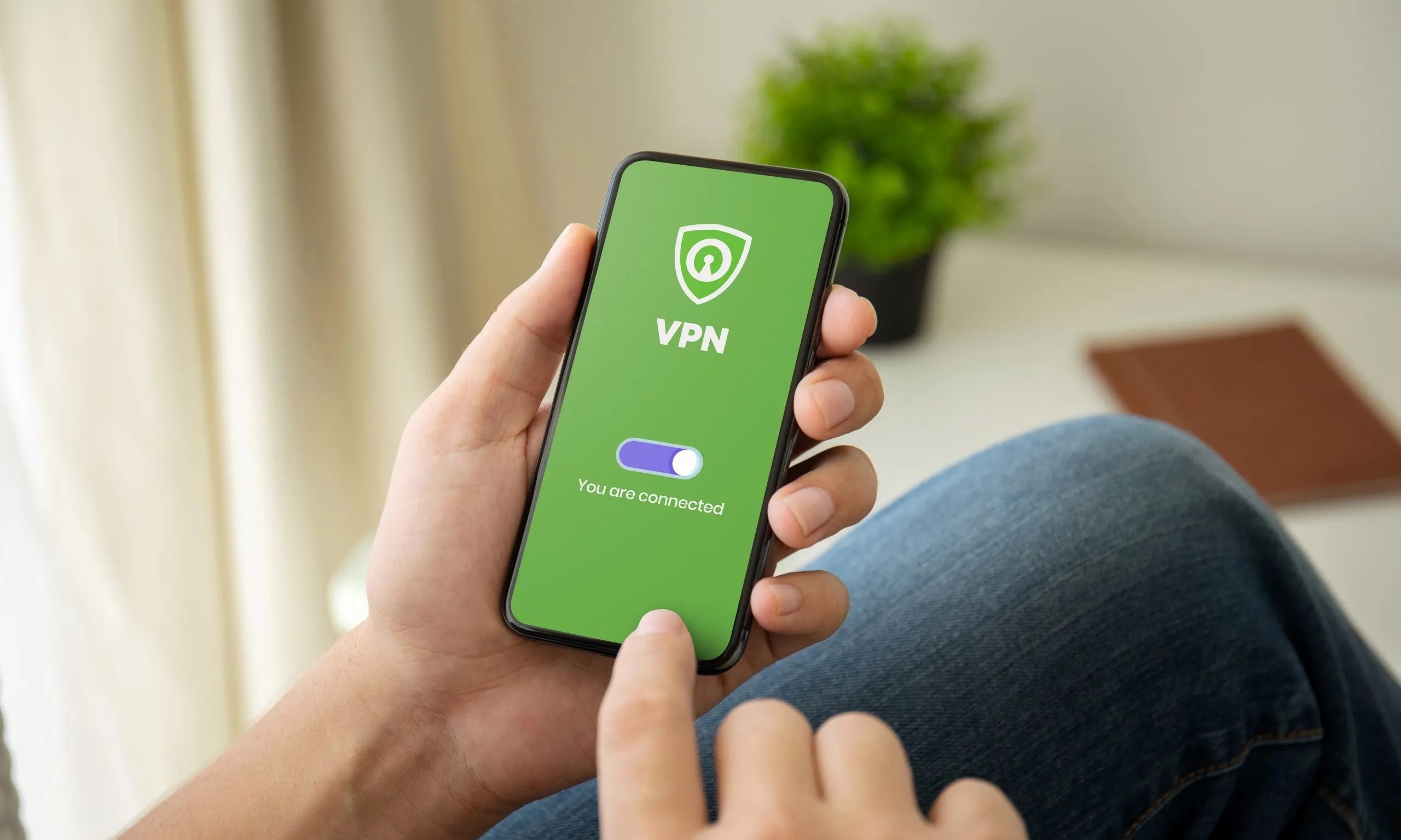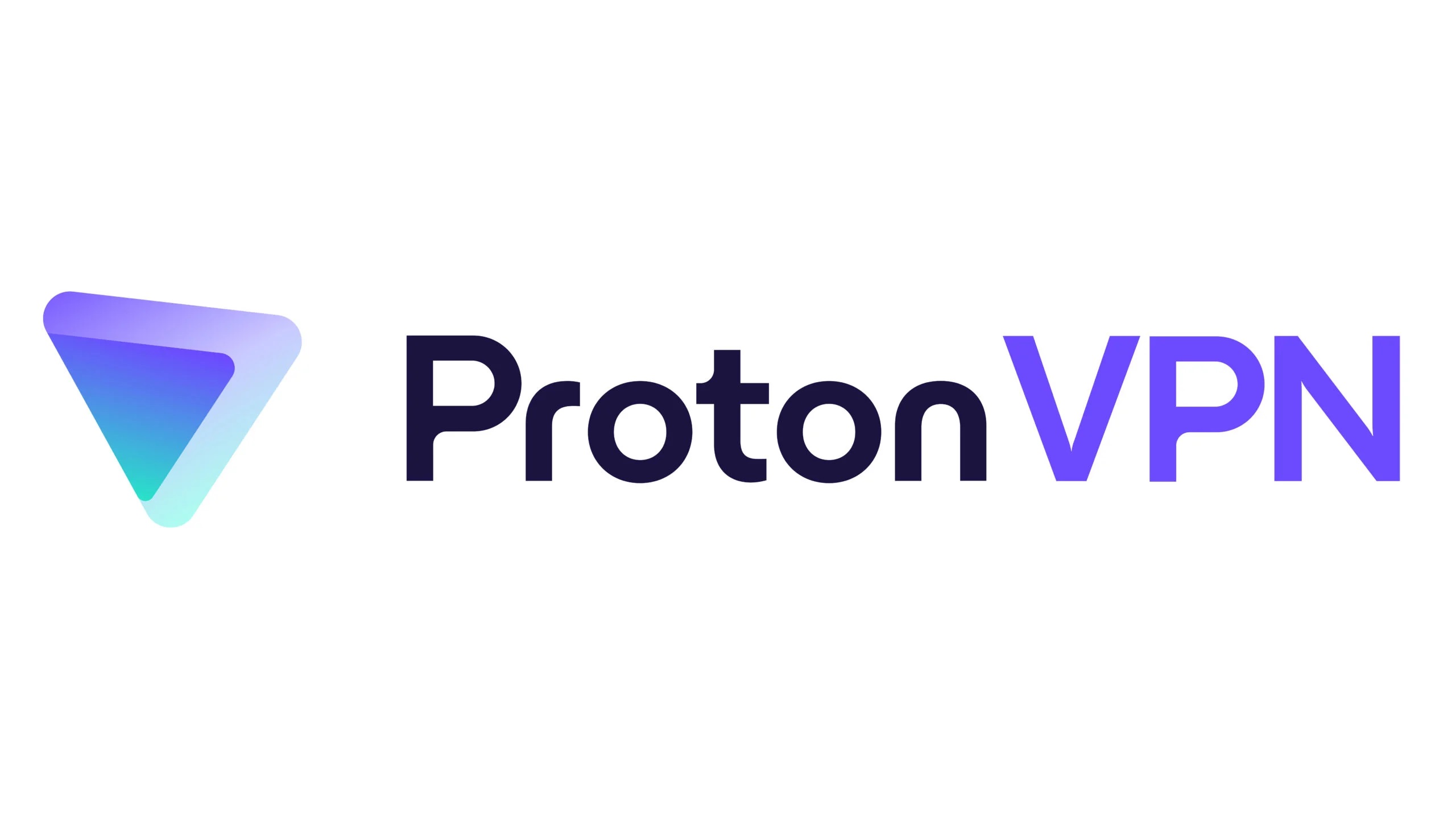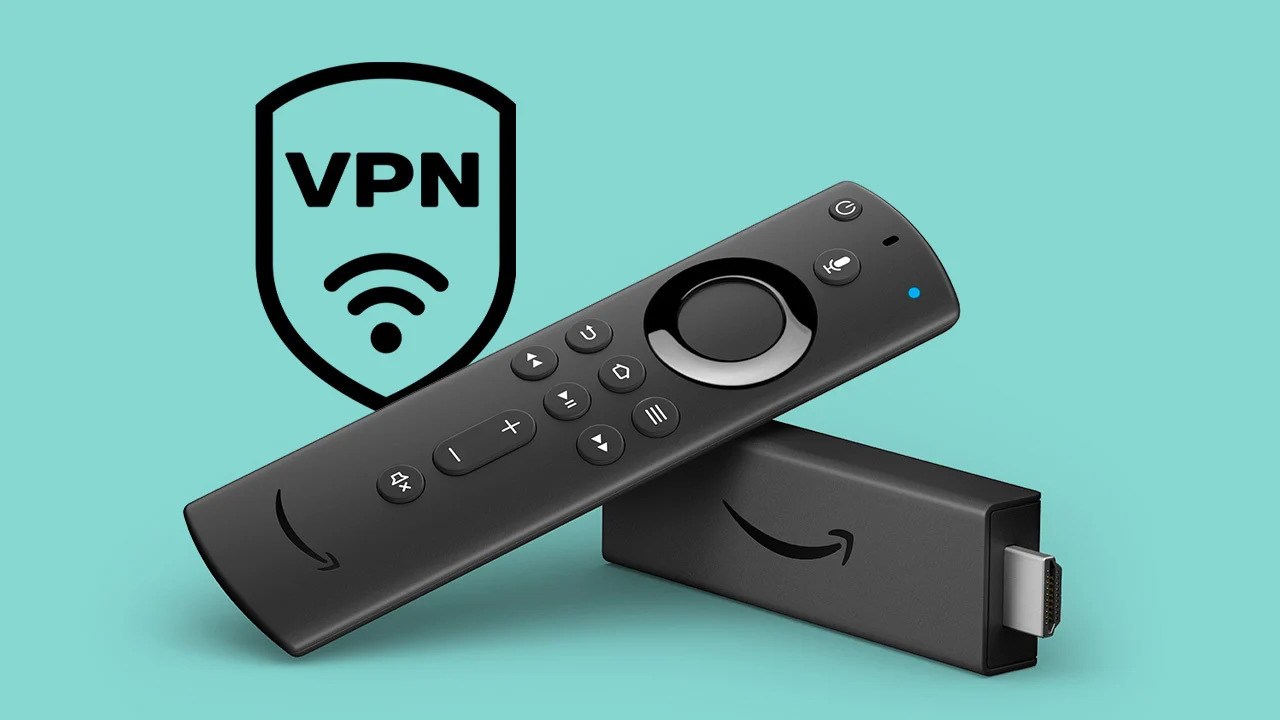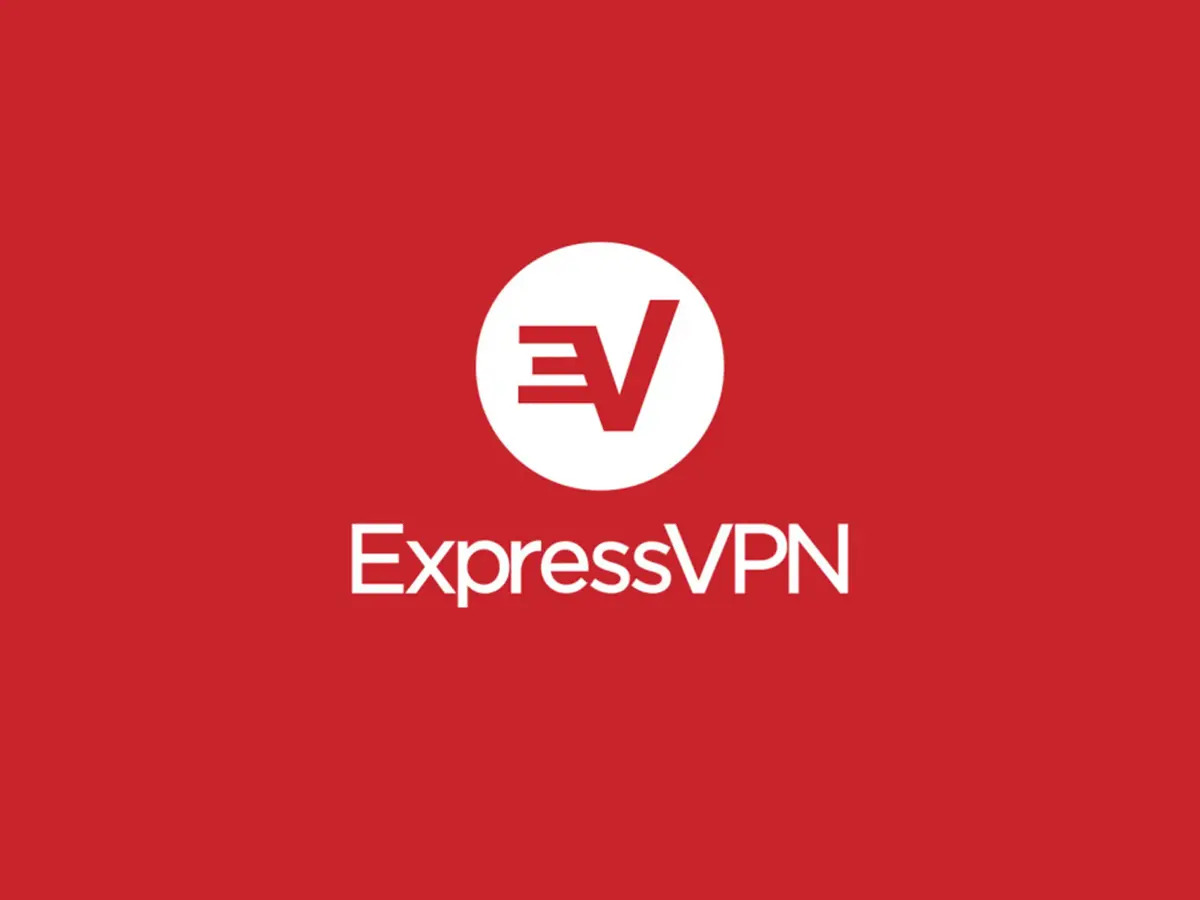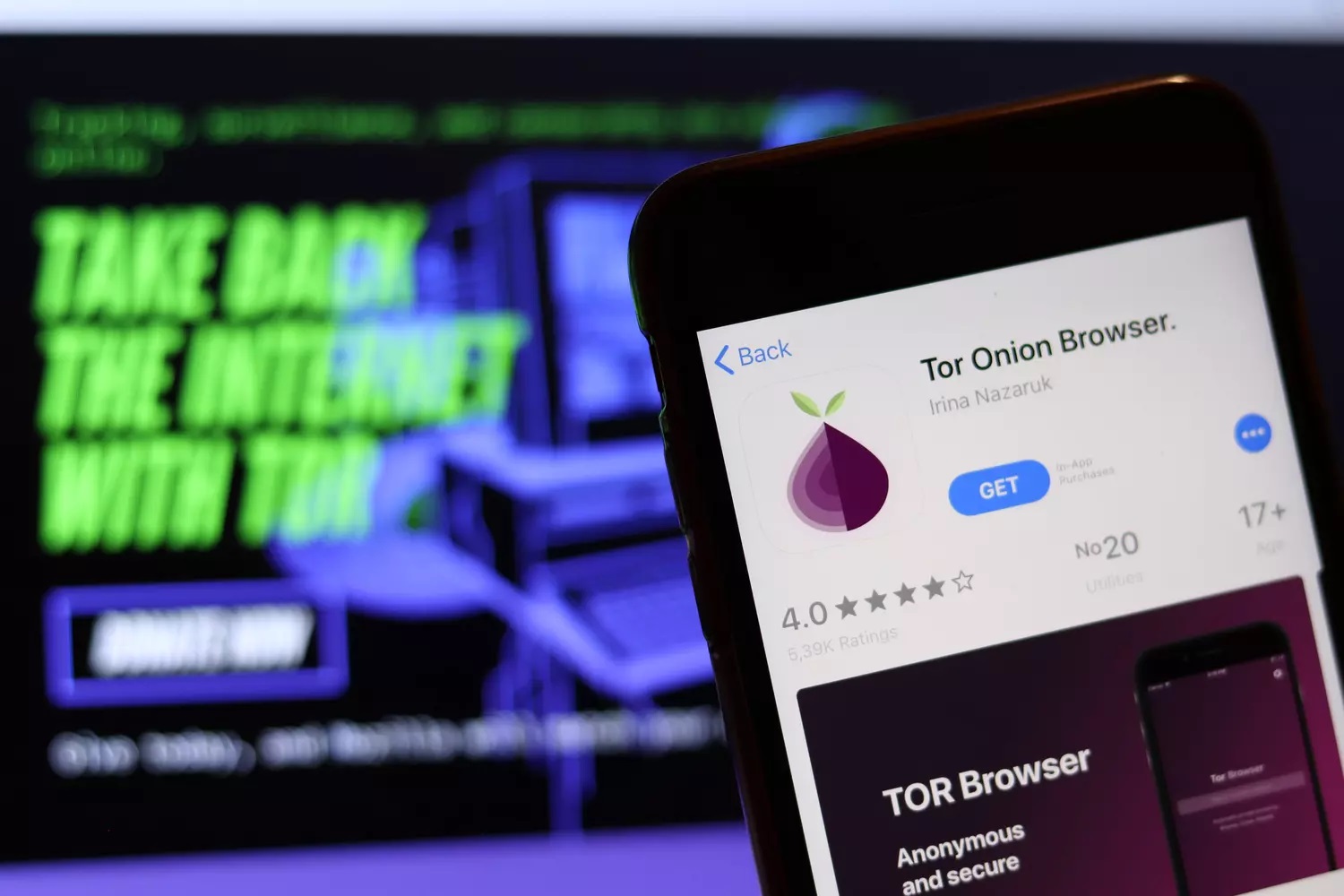Home>Software and Apps>How Many People Use A VPN


Software and Apps
How Many People Use A VPN
Modified: September 5, 2024
Discover how software and apps for VPNs are used by millions of people worldwide. Learn about the benefits and importance of using a VPN.
(Many of the links in this article redirect to a specific reviewed product. Your purchase of these products through affiliate links helps to generate commission for Techsplurge.com, at no extra cost. Learn more)
Table of Contents
Historical Context of VPNs
Virtual Private Networks have existed for several decades. Initially, they provided secure and private communication over public networks for businesses and organizations. Early VPNs had complex setup processes and high costs, limiting their adoption to a niche market. However, advancements in technology and the rise of the internet have made VPNs more accessible and user-friendly.
Read more: ExpressVPN: How Many Devices
Current Statistics on VPN Usage
Global Adoption
According to a 2023 report by Statista, approximately 28% of the global internet population uses a VPN. This translates to over 1.5 billion people worldwide.
Regional Breakdown
VPN adoption varies significantly across different regions. In countries with strict internet regulations like China, VPN usage is higher due to the need for bypassing censorship. In contrast, regions with more relaxed internet policies like the United States have lower VPN adoption rates.
Demographics
VPN usage spans various demographic groups. However, younger adults and those in higher-income brackets are more likely to use VPNs. A survey conducted by the Pew Research Center in 2022 found that 44% of adults aged 18-29 use a VPN, compared to 24% of those aged 50 and older.
Read more: How To Use NordVPN
Purpose of VPN Usage
The primary reasons for using a VPN include:
- Protecting personal data
- Accessing geo-restricted content
- Enhancing online security
A survey by ExpressVPN in 2023 revealed that 71% of respondents use VPNs to protect their personal data, while 45% use them to access streaming services unavailable in their region.
Factors Influencing VPN Adoption
Privacy Concerns
The rise of data breaches and cyber attacks has significantly contributed to the increased adoption of VPNs. Users are becoming more aware of the importance of protecting their personal data, leading to a higher demand for secure online services.
Geopolitical Factors
Countries with strict internet regulations often see higher VPN adoption rates. For example, in China, where the Great Firewall restricts access to many international websites, VPNs are essential for accessing global content.
Read more: How To Use VPN On PS4
Technological Advancements
The development of user-friendly VPN applications and the reduction in costs have made VPNs more accessible to a broader audience. Many VPN providers now offer free trials or affordable subscription plans, further increasing their appeal.
Marketing and Awareness
Effective marketing campaigns by VPN providers have also played a crucial role in raising awareness about the benefits of using a VPN. Social media platforms and online advertising have been instrumental in reaching a wider audience.
Tools and Technologies Used by VPN Providers
Encryption Protocols
VPN providers employ various encryption protocols to ensure the security of user data. Common protocols include OpenVPN, WireGuard, and IKEv2. These protocols provide robust encryption methods that protect data from interception and eavesdropping.
Read more: How To Use Surfeasy VPN
Server Infrastructure
The quality of server infrastructure is critical for providing a seamless VPN experience. Providers often invest in high-performance servers located in multiple countries to ensure fast and reliable connections.
User Interface
User-friendly interfaces are essential for making VPNs accessible to a broader audience. Many modern VPN applications offer intuitive interfaces that allow users to easily connect and disconnect from VPN servers.
Challenges Faced by VPN Providers
Legal Issues
VPN providers often face legal challenges in countries where their services are restricted. Some countries have laws that prohibit the use of VPNs, making it challenging for providers to operate in these regions.
Read more: How To Use VPN On TV
Performance Issues
VPNs can sometimes slow down internet speeds due to the encryption process and the distance between the user and the VPN server. Providers are constantly working to optimize their servers and protocols to minimize performance issues.
Security Threats
Like any other online service, VPNs are not immune to security threats. Providers must continuously update their security measures to protect against malware, phishing attacks, and other cyber threats.
Future Trends in VPN Usage
Increased Adoption
As more people become aware of the importance of online privacy and security, VPN adoption will likely continue to rise. The trend towards remote work and digital nomadism will further drive the demand for secure online services.
Read more: How To Use VPN With Utorrent
Advancements in Technology
Future advancements in technology, such as the development of new encryption protocols and improved server infrastructure, will likely enhance the performance and security of VPNs. This could lead to even higher adoption rates as users become more confident in the reliability of these services.
Regulatory Changes
Changes in regulations regarding online privacy and data protection will also influence VPN usage. For example, the implementation of stricter data protection laws like GDPR in the EU has already led to increased awareness about online privacy.
Final Thoughts
The use of Virtual Private Networks has become a significant aspect of modern online behavior. With over 1.5 billion people worldwide using VPNs, these services are no longer a niche product but a mainstream solution for protecting personal data and enhancing online security. As technology continues to evolve and regulatory changes shape the digital landscape, VPN adoption will likely continue to rise. Understanding the current statistics and trends in VPN usage is crucial for both individuals and organizations looking to navigate the complex world of online privacy and security.

